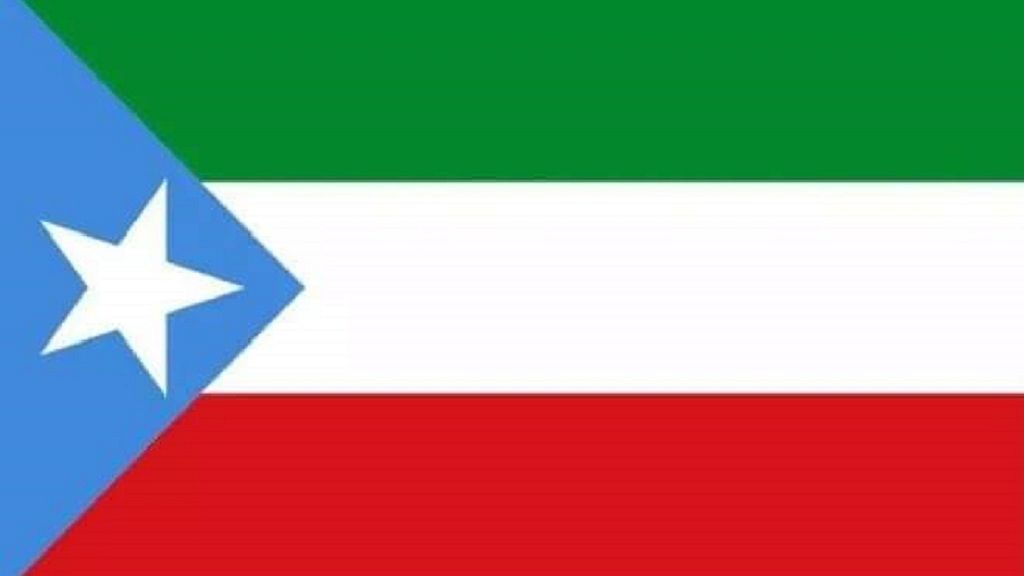
Squeezing the Ogaden Basin: Power and Protracted Oil and Gas Exploration in the Somali Region
Ethiopia’s Somali Regional State (SRS) harbors significant oil and gas reserves in the expansive Ogaden Basin, covering around 350,000 sq km. Managed equitably, these resources could spark regional and national development. However, Ethiopia’s history of violent dispossession and federal control over peripheral regions complicates the extraction of these resources.
Since 2018, following the ousting of Abdi Iley, the SRS has experienced relative stability. The incumbent government, aligned with the Prosperity Party, promised greater inclusion and economic redistribution, but these promises have yet to materialize in the oil and gas sector.
There remains a lack of transparency from both the Ministry of Mines and Petroleum and Somali regional leaders regarding plans to resume oil and gas activities after the 2022 expulsion of Chinese firm Poly-GCL. Long-standing explorations have yet to generate revenue for the SRS or Ethiopia.
Despite attempts to involve local communities in resource governance, the Prosperity Party seems to replicate its predecessor’s approach—co-opting community leaders and sidelining broader public engagement in decision-making. This has spurred opposition voices, both locally and in the diaspora, to challenge the unaccountable exploration practices by foreign firms and the associated social and ecological concerns.
A crucial omission remains the absence of independent environmental assessments, as foreign companies have operated with minimal local benefits. Agreements, like the one with Poly-GCL, have reinforced socioeconomic disparities, particularly benefiting Ethiopia’s political core.
The SRS leadership must now leverage its political visibility to secure tangible economic gains for the region’s historically marginalized populations. Through a transparent and community-centered approach, oil and gas could become a political tool to elevate the region and address deep-rooted inequalities.







